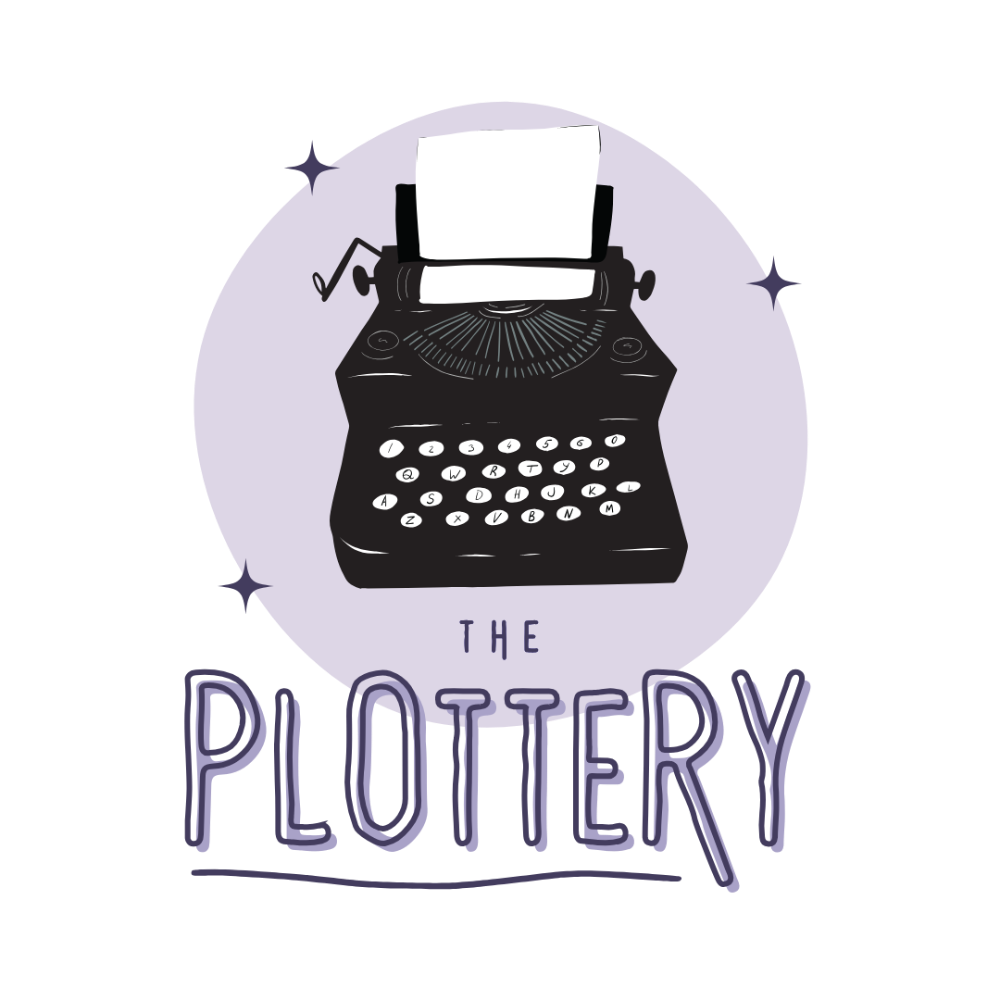
I hate the word amateur.
Despite its romantic etymology, it has always been used as a condescending term to label people viewed as less than what is expected. An “amateur” is only a stop on the way to professional.
What I hate most about the term amateur is that it creates a division within the writing community. You’re either an amateur or a professional. You are not good enough yet or already perfected. It’s binary. You are or you aren’t.

At some point in time, the act of writing was deemed “not enough” to label yourself a writer. You had to do more than write. There were suddenly expected hours to put into writing, word counts to hit, or various other subjective milestones to meet before you could really call yourself a writer.
And that, my friends, is why I have decided to kill the amateur.
Death of the Amateur
In killing the amateur, I also killed the professional.
Which, unfortunately, left me in quite the pickle. Not only had I now murdered two words, but I was stuck with the definitions they left behind.
The amateur left behind dozens of “not enoughs” and excuses. Scattered around were insistences that there was more that needed done, skills that needed to be learned, a craft that was imperfect.
The professional left behind dozens of “well, actuallys” and cocky glances. In its wake, there were insistences of division, skills that needed to be honed, a craft that was loved.
And in these broken definitions, I found that I saw pieces of myself in both the amateur and the professional. I recognized the desire to learn more and the love of a craft that I enjoyed. I also recognized the constant belief that I was not enough and that a division needed to exist.

It wasn’t just the words that created a division, it was me. I believed there was a way to be a good writer and a way to be a bad writer.
So I kept killing.
The Good, the Bad and the Ugly
If I was to truly let go of the amateur and the professional, I had to kill the ugly expectation their existence had created: that there was only one right way to be a writer.
Yes, we as writers acknowledge that differences are good . . . but only to a certain extent.
It’s okay that I love writing new adult mystery and one of my close writing friends loves writing young adult fantasy. It’s okay that I love writing novel length pieces and my mentor loves writing short stories. It’s okay that I love writing fiction and my sister loves writing non-fiction.
There is an expectation that we will all write different stories, but there is also an expectation that there is a formula to being a good writer.

If I wanted to let go of the ugly left behind by the death of the amateur and the professional, something needed to take their place. I couldn’t kill the expectations their existence had created in my mind. Something needed to replace them.
Part time writing
What the amateur and the professional created was a threshold.
Within their confines, there was a certain amount of work that made a person a “writer." If I hit a certain daily word count, I was a writer. If I wrote at the same time and in the same place every day, I was a writer. If I outlined with a particular method, I was a writer. If I wrote with the same schedule as my favorite author, I was a writer.
I needed to replace the threshold. There couldn’t be a limit to what made me a writer.

And so I became a “part-time” writer.
Writing isn’t my career, but I am still a writer. The division isn’t skill or effort or word count or another subjective (and honestly useless) milestone. The division is simply that writing is not my career, but it is someone else’s career.
It’s all about where I am, not who I am.
Right now, I’m a full time mom to an adorable set of twins who refuse to acknowledge the limitations their height and eighteen months of experience cause. I’m not in a place where I can be a full-time writer, but I’m not any less of a writer.
Neither are you.
Elizabeth Miles
Written for The Plottery
I’m Elizabeth Miles, but you can call me Lizzie! I am a full-time stay-at-home mom and part-time author during breaks from chasing down over-confident toddlers. Mystery, romance, and fantasy are my favorite genres for both reading and writing.










